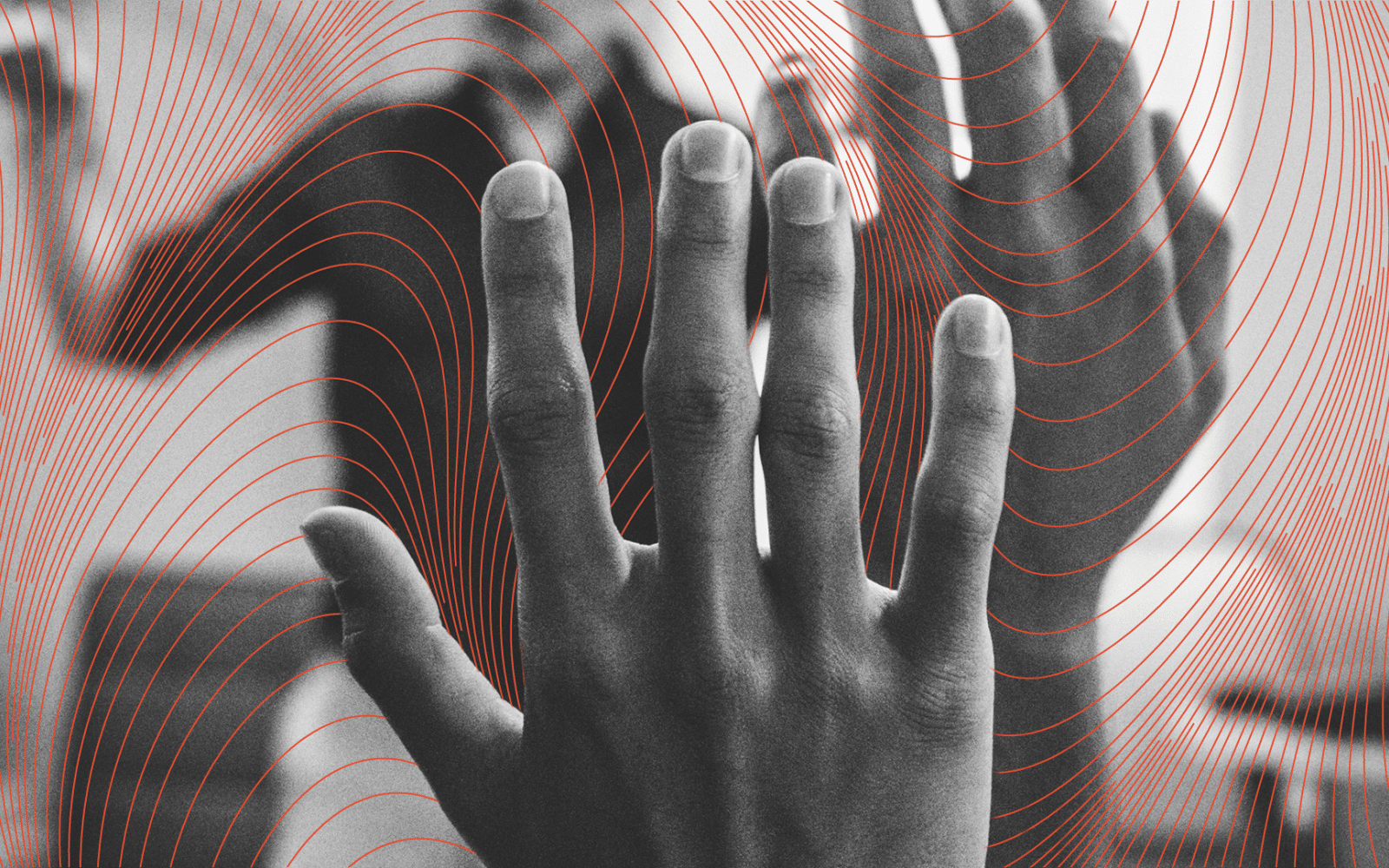Shared Governance Models, In Business and At Home
JEAN MAUPEOU | ASSOCIATE FACILITATOR AT FLEXJOB | FRANCE |
Jean reflects on a life guided by solving problems, fostering collaborative leadership, and living with former homeless individuals. His own company was created on a fully shared and transparent governance model, and he emphasizes a deep commitment to shared responsibility, both at work and home.
